|
Salmon, unceremoniously plonked and piled in the supermarket chill display. It's cheap, it's abundant, it's portioned, it's colourful, it's easy, it's available. But according to Tasmanian author and Booker Prize winner, Richard Flanagan, it's toxic. Salmon was once a special-occasion food, wild caught and seasonal. Before salmon farming began (Norway c. 1975) smoked wild salmon served in hotels and restaurants was handled like gold. The salmon was weighed, the weight recorded in a book. The required slices were removed and plated, possibly draped across some Iceberg lettuce with a twisted slice of lemon and an onion ring. The salmon was then re-weighed and the weight recorded. It was precious. Handled with awe and respect, staff in "cold larder" would never dare to sneak a snack. Years later, I might be making up sandwiches for my nieces, their primary school packed lunches, with left-overs (farmed salmon) from a catering job "Oh Cathy, not smoked salmon again!," they whinged. Like chicken, salmon has become an industrialised product, the process touted as feeding a hungry world, affordable and easy to prepare. In reality, the cost could be just too great. 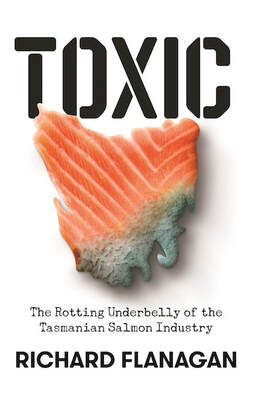 So what has brought on this soul searching? Our Gastronomy Book Club is going well. We meet monthly and the glass of wine and a few cashews has grown to mini banquets. We're helpless to resist. Our readings have ranged from romantic, foodie memoirs where tables groan with platters, platters brim with abundance and food bursts with flavour to hard hitting, thought provoking, often angry diatribes. This month we're reading the newly released Toxic and seeing the underbelly of the salmon farming industry. Flanagan calls farmed salmon "a highly artificial, chromosomally manipulated, dyed, fatty protein with decreasing omega-3 levels". He challenges the image promoted by the industry of idyllic pristine Tasmanian waters producing a clean, green, and healthy product.
Left: CM's Coulibiac, painstakingly done with the herbed pancake enclosing the fish. (19thC Limoges) Right: My Coulibiac, a bit of a quickie but delicious, nonetheless. (1930s Royal Copenhagen) Finding sources of wild-caught Alaskan, Canadian or Scottish salmon seems extreme. So are we going to find alternates? I'll miss a sliver of smoked salmon on a crouton with sour cream and capers, and some salmon roe topping a runny omelette or a steamed Japanese savoury custard. I love the Lebanese tahini, yoghurt, walnut, red onion sauce on a whole fillet of salmon but most of all, will I find an alternative for the Coulibiac - a classic French dish copied from the Russian Kulibiaka, (when the two countries adored each other)? Is the book a wake-up call, exposing an environmental disaster, a suspect food product, corporate corruption and a failure of governance or is it leftie, subversive rubbish, from old green hippies protecting their holiday shacks? Or will we simply say ""Yes but... it's so convenient."
In my restaurant days, we ate many left-overs. Today, I couldn't face another spoon of Marquise au Chocolat but I never tired of salmon. But, I won't be eating it again. I'd rather eat the peanuts from a bar room floor. Join the conversation. Add a comment below👇🏾
17 Comments
|
Categories
All
|
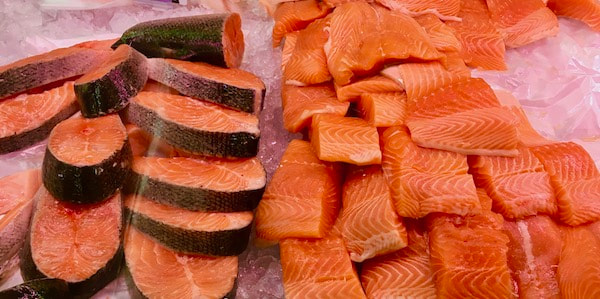
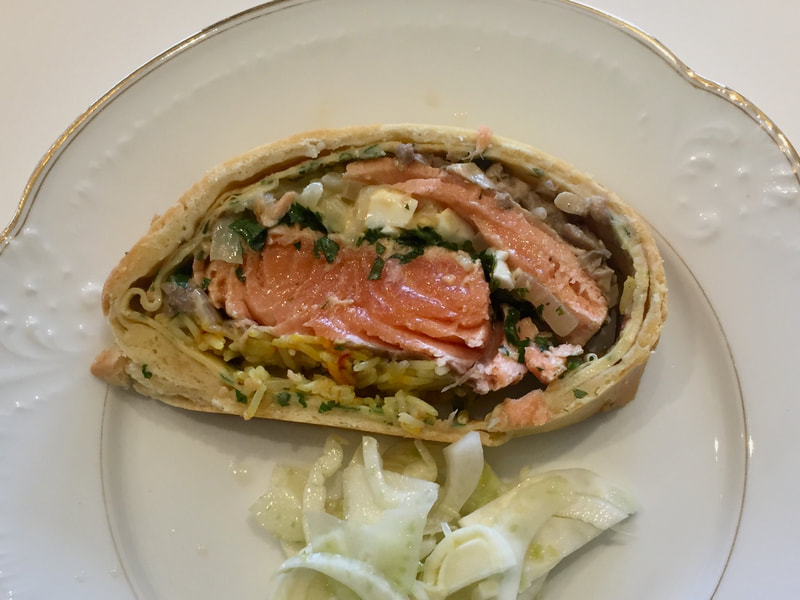
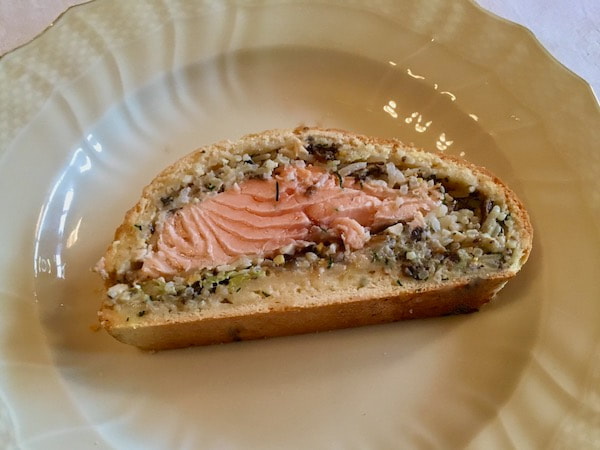
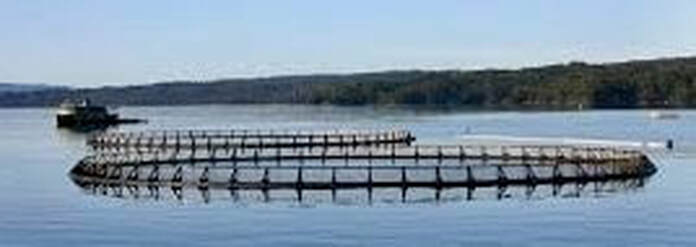
 RSS Feed
RSS Feed
